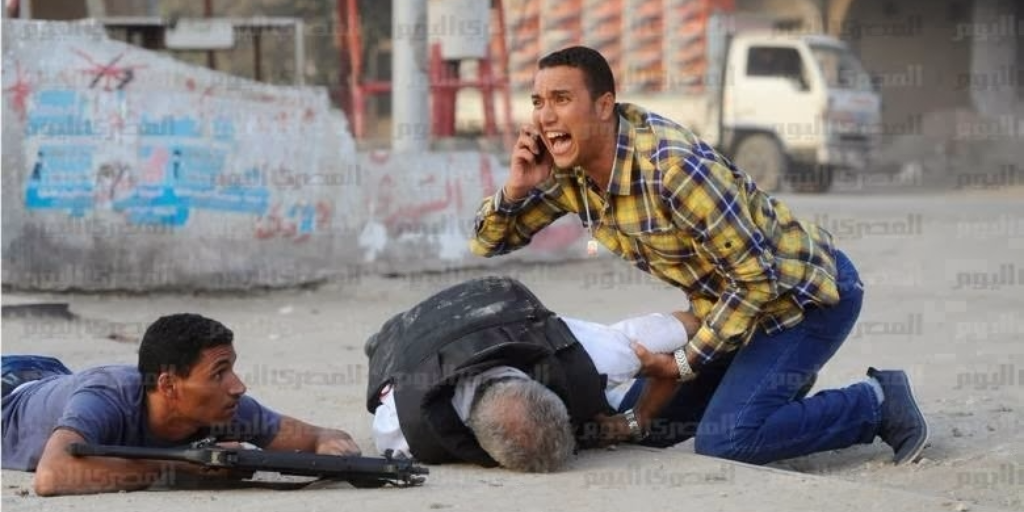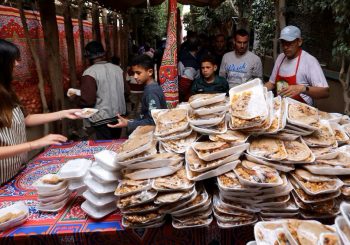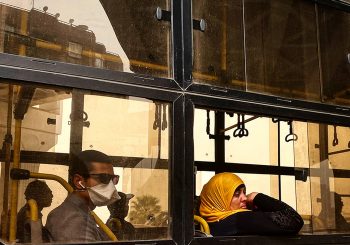The Cairo Criminal court referred 13 people on Saturday to the Grand Mufti to give his religious opinion after the court handed them death sentences over accusations of killing major general Nabil Farag.
The final verdict has been set for Sept 24.
Consulting Egypt’s Grand Mufti is a procedural step adopted in all cases which involve death sentences. The Mufti’s rulings are not binding, yet it is customary for the court to adopt them.
The case involves 23 defendants, 12 of whom were sentenced to death, 10 were given a life sentence and one was acquitted in August 2014.
The defendants faced an array of charges then including attempted murder, arms possession, resisting and attacking the authorities and using unlicensed communication tools to threaten national security.
They were also charged with forming and managing an illegal terrorist group that aims to carry out unconstitutional activities, prevent state institutions from attending to their duties and attack the freedoms of individuals, among other things.
But the defendants appealed the court’s decision in February 2015. The court then ordered a retrial for all the defendants.
The killing of Farag dates back to September 2013 when authorities had raided Kerdasa neighbourhood to capture fugitives when Farag, Giza’s deputy security chief then, was killed and nine others, from the police and army, were wounded.
The raiding of Kerdasa came a few weeks after protesters attacked Kerdasa police station on August 14, the same day security forces violently dispersed two sit-ins supporting ousted President Mohamed Morsi of the Muslim Brotherhood.
Human Rights Watch said in a report, issued one year after the dispersal, that security forces “killed a minimum of 817 people and more likely at least 1,000.”
The state’s National Council for Human Rights, however, said in March 2014 that the death toll was 632, including eight security personnel.
This content is by Aswat Masriya







Comments (0)